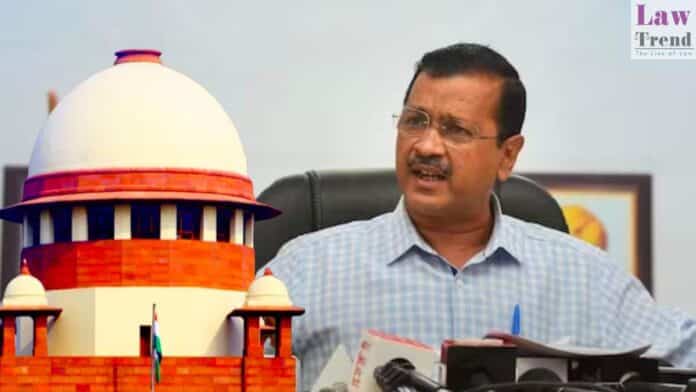On Friday, the Central Bureau of Investigation (CBI) defended the arrest of Delhi Chief Minister Arvind Kejriwal before the Supreme Court, citing his lack of cooperation and evasive responses during the probe into the alleged excise policy scam. The CBI’s affidavit responded to Kejriwal’s challenge of his arrest, asserting that crucial decisions in the now-scrapped excise policy were influenced directly by him with the involvement of then Deputy Chief Minister Manish Sisodia.
The affidavit highlighted Kejriwal’s attempts to “politically sensationalize” the case, emphasizing his central role in the criminal conspiracy of the policy’s formulation and implementation. The CBI justified the arrest made on June 26 as essential for the thorough conclusion of their investigation, stating that Kejriwal was “purposely derailing” the probe.
The Supreme Court bench, consisting of Justices Surya Kant and Ujjal Bhuyan, noted the arguments and scheduled the next hearing for September 5. The CBI pointed out Kejriwal’s significant influence over the Government of Delhi and the Aam Aadmi Party, suggesting a potential to affect witnesses and the overall investigation.

Further, the CBI detailed Kejriwal’s custodial interrogation, during which he was confronted with sensitive documents and witness statements, yet reportedly continued to provide unsatisfactory responses. The agency argued against his release on bail, citing the risk of prejudicing the ongoing trial, which is at a critical stage with key witness depositions pending.
The probe agency also addressed the conditions of Kejriwal’s interim bail relating to his health, affirming that adequate medical treatment could be provided within the confines of Tihar Jail as per standard regulations. The CBI’s submission paints a picture of a calculated manipulation within the Delhi Excise Policy 2021-22, orchestrated to benefit certain wholesalers significantly, allegedly in exchange for illegal gratifications aimed at funding election expenses.







